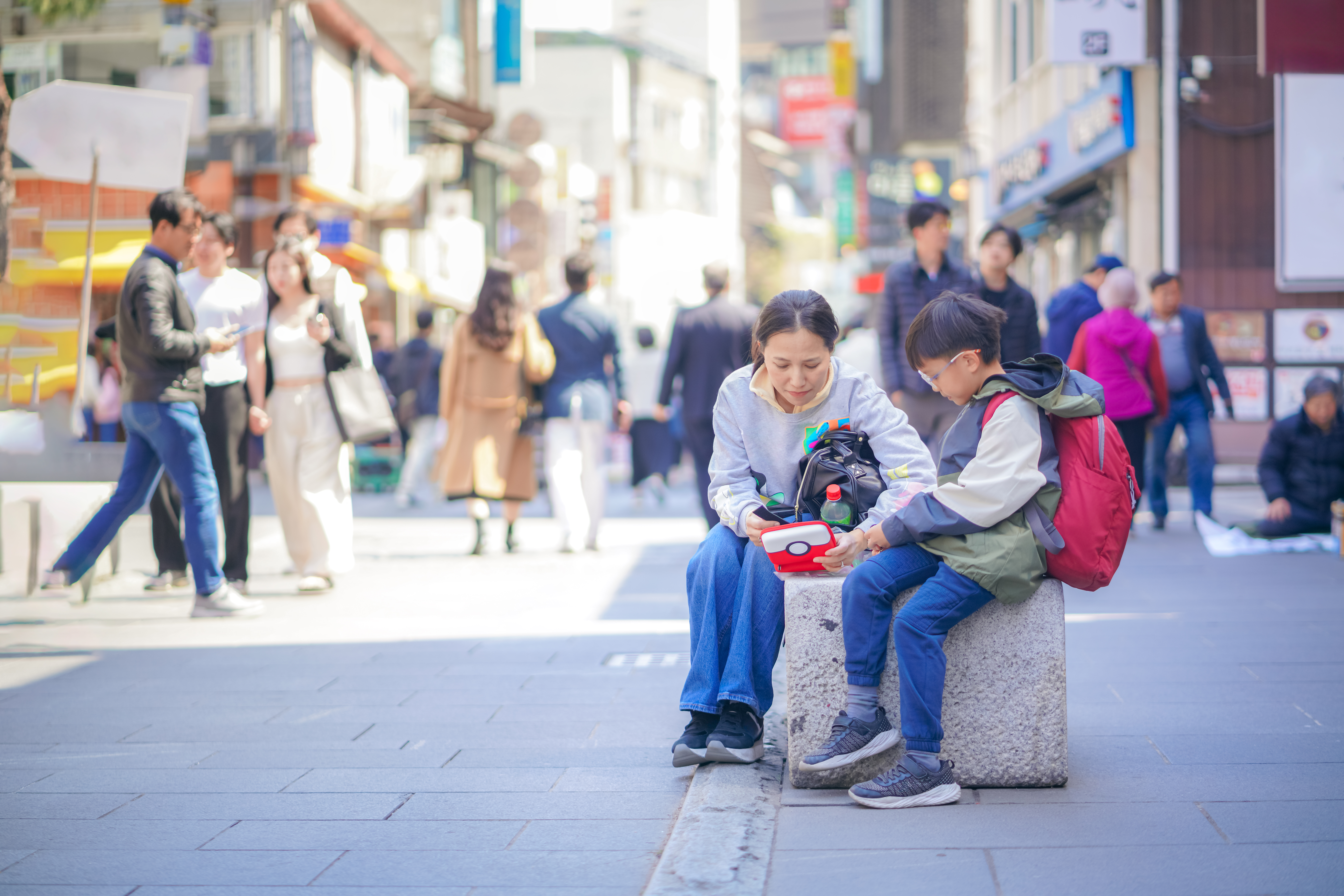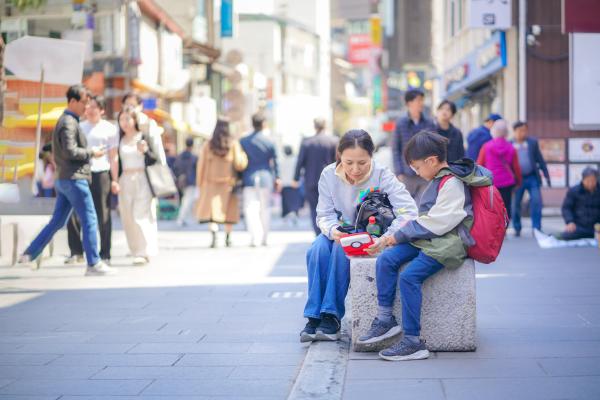KID REPORTERS’ NOTEBOOK
South Korea Faces Steep Population Decline


South Korea is facing a declining birth rate, which threatens the East Asian country’s future.
South Korea is home to about 52 million people. This small East Asian country is facing a population crisis. In recent years, its birth rate has dropped dramatically. It is now at 0.68, which means an average of 68 babies for every 100 women. This is well below the level of 2.1 needed to ensure a country’s future.
Several factors are contributing to this crisis. The cost of living, especially housing and education, is high. A demanding work culture offers fewer benefits and lower wages to women than to men.
As a result, many young South Koreans have delayed getting married and starting a family. The government has introduced new policies in an effort to encourage more people to have children. These include subsidizing child care costs and lowering the cost of schooling.
Last May, the government even established a new bureau to create family-friendly policies. So far, though, public reaction has been mixed. For example, the government has proposed offering more time off for new parents. But many people say that a competitive work environment means taking time off is not an option.
I spoke with a couple in Seoul who think that the new policies fall short. “We hope to start a family,” the woman said. “But as a working couple, we still feel a heavy financial burden. Balancing work and family worries us.”
For this couple, like many others, financial stability is a key factor when deciding whether to have children. “The cost of raising a child is a crucial element,” the man said. “In Korea, education and housing costs are significant.”

Amy with Dr. Ahn Sojeong, the director of a maternity hospital in Seoul
A NEED FOR MORE SOLUTIONS
Dr. Ahn Sojeong, who heads a maternity hospital in Seoul, understands the couple’s concerns. “Economic hardships and rigorous education standards discourage marriage, let alone childbirth,” she said. She added that schools are closing due to a lack of students.
Experts like Ahn also worry that not enough workers will be available to care for the elderly population. South Korea has one of the world’s longest life expectancies.
Ahn believes that the government focuses too much on financial aid. “The current government policies are not effective,” she said. She stressed the need for more long-term solutions, including affordable housing and asking potential mothers about their needs at home and in the workplace.
Whatever the solutions, most analysts agree that reversing the decline will take time.
